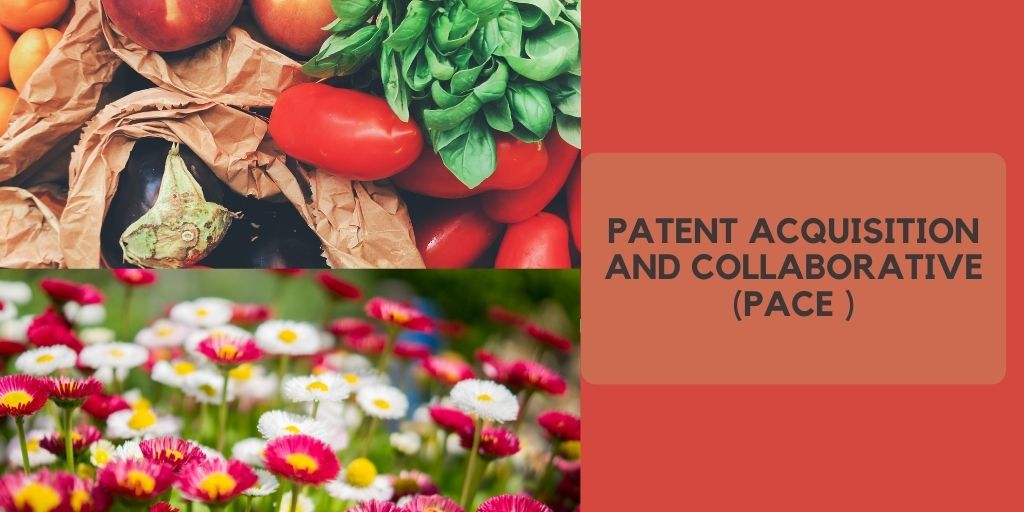Mission for Integrated Development of Horticulture (MIDH) is a Centrally Sponsore Scheme for the holistic growth of the horticulture sector covering fruits, vegetables, root & tuber crops, mushrooms, spices, flowers, aromatic plants, coconut, cashew, cocoa, and bamboo. Mission for Integrated Development of Horticulture
Main objectives of the Mission are:
Promote holistic growth of horticulture sector, including bamboo and coconut through area based regionally differentiated strategies, which includes research, technology promotion, extension, post-harvest management, processing, and marketing, in consonance with comparative advantage of each State/region and its diverse agro-climatic features
Encourage aggregation of farmers into farmer groups like FIGs/FPOs and FPCs to bring the economy of scale and scope.
Enhance horticulture production, augment farmers, income and strengthen nutritional security;
Improve productivity by way of quality germplasm, planting material and water use efficiency through Micro Irrigation.
Support skill development and create employment generation opportunities for rural youth in horticulture and post-harvest management, especially in the cold chain sector.
Funding
While the Government of India (GOI) contributes 85% of the total outlay for developmental programmes in all the states except the states in North East and the Himalayas, 15% share is contribute by State Governments.
In the case of the North-Eastern States and the Himalayan States, GOI contribution is 100%.
Similarly, for the development of bamboo and programmes of National Horticulture Board (NHB), Coconut Development Board (CDB), Central Institute for Horticulture (CIH), Nagaland and the National Level Agencies (NLA), GOI contribution will be 100%.
Research & Development (R&D)
Programmes on horticulture and bamboo R & D will be based on applied research in the areas of (i) Seed & Planting material, including import of planting material, (ii) Technology standardization, (iii) Technology acquisition and (iv) imparting training & Front Line Demonstration in a project mode. While R&D on horticulture crops will confined to NE & Himalayan states, R&D on Bamboo will on pan India basis.
PRODUCTION & DISTRIBUTION OF PLANTING MATERIAL
Nurseries
To meet the requirement of planting material (for bringing additional area under improved varieties of horticultural crops and for rejuvenation programme for old/senile plantations), assistance will be provided for setting up new hi-tech nurseries and small nurseries under the Public as well as Private sector. Hi-tech nurseries will have an area between 1 to 4 ha with a capacity to produce 50,000 plants per ha of mandated perennial fruit crops / tree spices / aromatic trees / plantation crops per year. Small nurseries with an area of upto 1.00 ha, will have provision for naturally ventilated green houses and net houses. Small nurseries will produce 25,000 plants of the mandated perennial vegetatively propagated fruit plants / tree spices / plantation crops aromatic plants per year, duly certified for its quality
Tissue Culture Units
New TC units will produce 25 lakh plants of the mandated crop for which protocols are available for commercial use, except Date palm. In the event of production of lesser number of plants, cost of lab will reduced on a pro rata basis ( subject to its viability). New TC unit projects for public sector will sanctioned to only those agencies, which have requisite technical manpower. No recurring expenditure for the manpower and contingencies will be borne under MIDH
Vegetable Seed Production
Estimated cost of vegetable seed production is Rs. 35,000 per ha for open pollinated crops and Rs. 1.50 lakh per ha for hybrid vegetable seeds. Assistance will be provided @ 100% of total cost to public sector. In the case of Private sector, assistance will be 50% of cost as credit linked back ended subsidy. Assistance will be available for a maximum area of 5 ha @ per beneficiary
Seed Infrastructure
Public sector will receive 100% assistance, while assistance to Private sector will be credit linked back ended subsidy @ 50% of cost norms.
REJUVENATION / REPLACEMENT OF SENILE PLANTATIONS / CANOPY MANAGEMENT
Rejuvenation programme will address orchards and plantations which have low productivity. It will implemented through individual farmers, farmers’ cooperatives, Self-Help Groups, growers’ associations and commodity organizations. Assistance for rejuvenating/replanting senile plantations will @ 50% of the cost limited to 2 ha per beneficiary
ORGANIC FARMING
For adopting organic farming for perennial and non perennial fruit crops, vegetables, aromatic plants, spices etc., additional assistance will given @ 50% of cost over and above the area expansion programme for a maximum area of 4 ha per beneficiary, spread over a period of three years. For organic cultivation of vegetables, assistance will limited to Rs. 10,000/- per ha spread over a period of three years.
Assistance will used for generating on-farm inputs. NHM will also provide financial assistance for establishing vermi compost units and HDPE Vermibeds @ 50% of cost subject to a maximum of Rs. 50,000/- per beneficiary for a unit having size of 30’ x 8’ x 2.5’. For smaller units, assistance will be on pro rata basis. For HDPE Vermibed of 96 cft size (12’x4’x2’), the cost will be Rs. 16,000/ per bed and assistance will limited to 50% of cost. Specification and design parameters of Agro Textiles – HDPE woven beds for vermiculture will conform to BIS standards (IS 15907:2010). Organic certification will guided by service providers and certification agencies accredited by APEDA.


Add a Comment